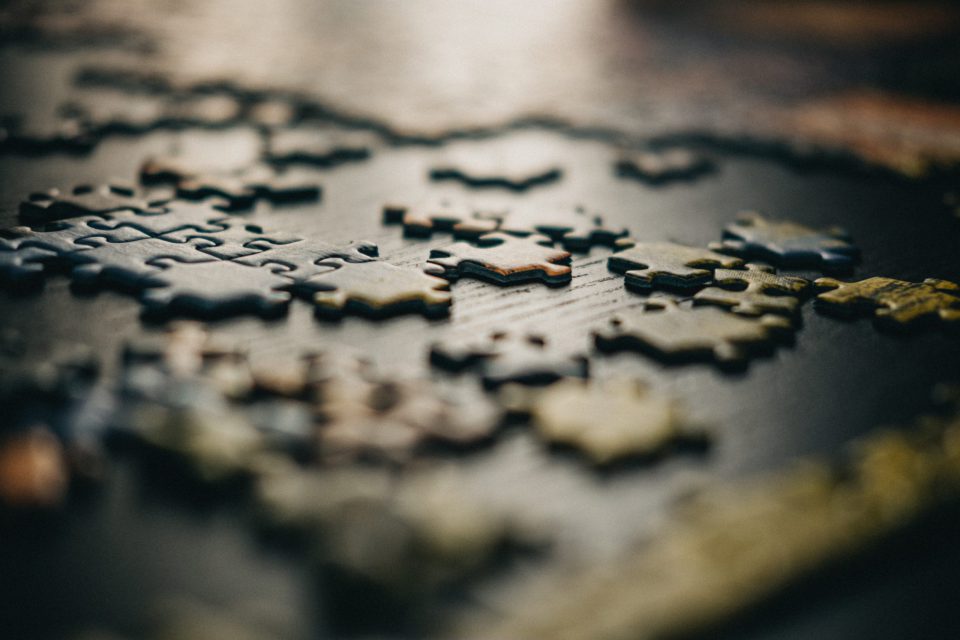A sudden rush of stress, trouble sleeping or eating, overwhelming feelings of helplessness, general fatigue. Does it sound familiar? With approximately half the world still forced to live in lockdown, old and new psychological disorders are a widely diffused side-effect of the COVID-19 pandemic. A recent study led by the Kaiser Family Foundation found that 45% of Americans feel the current health crisis had impacted their mental health. In France, Le Figaro reported this week that 74% of adults in a recent survey developed sleeping disorders and 34% showed signs of psychological distress.
Humans are social animals — Aristotle taught us that 2,300 years before Mark Zuckerberg cashed in on the concept. And while we can acknowledge that our modern digital tools are providing instant links in the face of our respective quarantines, we are also seeing how crucial in-person interaction and stimuli are to the human experience. Those living alone or forced to put their professional activity on hold are particularly vulnerable to this enforced isolation.
Alongside the more severe threats to our emotional state is a seemingly less menacing effect: boredom. There is a fine line between enjoying some spare time to do nothing and repeatedly having nothing to do, especially when we yearn for distraction from the current uncertainty of the outside world. Board games that were piling up dust in the basement are seeing the light of day again and solo players indeed are able to play across the computer screen with friends and strangers.
Similarly, the lockdown has created one of the highest recorded demand for jigsaw puzzles, a pass time whose time had seemed to have passed two or three generations ago. The American Puzzle Warehouse reported a jump of 2,000% in business compared to the same period last year. When the world seems to fall apart, putting back pieces together could be the ultimate satisfaction.

